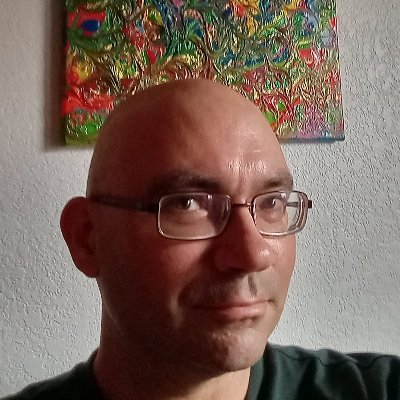The Vega Symposium 2024

The 2024 Vega Symposium honors Steven Seegel, Distinguished University Professor at University of Texas (UT) USA, who has been awarded SSAG’s Vega Medal 2024 for his scientific contributions to Human Geography.
The SSAG supports the International Geographical Union’s statement on the crisis in Ukraine
The International Geographical Union notes with dismay the alarming situation in Ukraine and finds the invasion of a sovereign democratic nation by Russian forces outrageous and unacceptable. These actions are undermining global security and stability and have led to deplorable human suffering and loss of life.
In the interests of peace and stability in international relations, we call for an end to the hostilities and for a resolution that respects the sovereignty of Ukraine and all its people.
The International Geographical Union stands in solidarity with the people of Ukraine and its community of geographers, along with those in Russia who are courageously manifesting their rejection of war. We wish the citizens of Ukraine great strength in resisting and overcoming this shocking crisis.
We note that scientists and scientific journalists in Russia have issued the following open letter on the situation:
https://www.eureporter.co/world/russia/2022/02/24/an-open-letter-from-russian-scientists-and-science-journalists-against-the-war-with-ukraine/
Swedish Society for Anthropology and Geography (SSAG)
- SSAG publishes the scientific journals Geografiska Annaler, Series A: Physical Geography, Geografiska Annaler, Series B: Human Geography and kritisk etnografi – Swedish Journal of Anthropology, and the yearbook Ymer – an anthology in Swedish on a current theme of research.
- SSAG supports geographical and anthropological research with scholarships.
- SSAG arranges gatherings with lectures and the scientific symposium the Vega Day with international speakers.
- SSAG hands out medals.
Anyone who is interested in geography or anthropology is welcome to become a member.